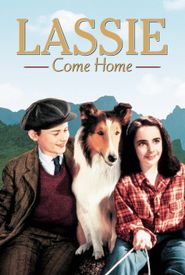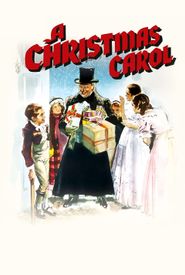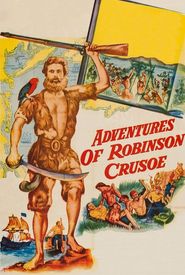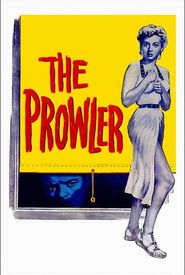Hugo Butler, a renowned screenwriter, was born on May 4, 1914, in Calgary, Alberta, Canada, to a family with a rich background in the film industry. His father was a silent movie actor and screenwriter, which likely influenced Hugo's early interest in the craft.
Before moving to Hollywood in 1937, Butler worked as a journalist and playwright, honing his writing skills and preparing himself for a career in the film industry. His decision to relocate to Hollywood marked the beginning of his successful screenwriting career.
In 1940, Butler married actress and screenwriter Jean Rouverol, and the following year, he received an Academy Award nomination for Best Original Screenplay for Edison, the Man (1940),along with future Metro-Goldwyn-Mayer boss Dore Schary. Schary, a well-known liberal, was one of the few top movie industry executives who objected to the imposition of the blacklist at the 1947 Waldorf Conference.
Butler's career was temporarily interrupted by his military service in World War II, and then permanently disrupted when he was blacklisted as a subversive after the war. The blacklist had a devastating impact on Butler's career, forcing him to work under pseudonyms and collaborate with other blacklisted writers, including Dalton Trumbo.
Butler and his wife, Jean, moved to Mexico with Trumbo, where they collaborated on the screenplay for He Ran All the Way (1951),a film noir starring John Garfield. Garfield died soon after being grilled by the House Un-American Activities Committee.
In Mexico, Butler wrote for the directors Luis Buñuel and Carlos Velo, and he continued to work in the film industry, albeit under difficult circumstances. Butler and his wife did not return to the United States on a permanent basis until the 1960s.
Hugo Butler struggled with arteriosclerotic brain disease and died from a heart attack on January 7, 1968, in Hollywood, California, at the age of 53. The last film for which he was credited, Robert Aldrich's potboiler The Legend of Lylah Clare (1968),was released later that year.
In 1997, the Board of Directors of the Writers Guild of America voted to posthumously give Butler official credit for scripts he had written, recognizing his significant contributions to the film industry.













































